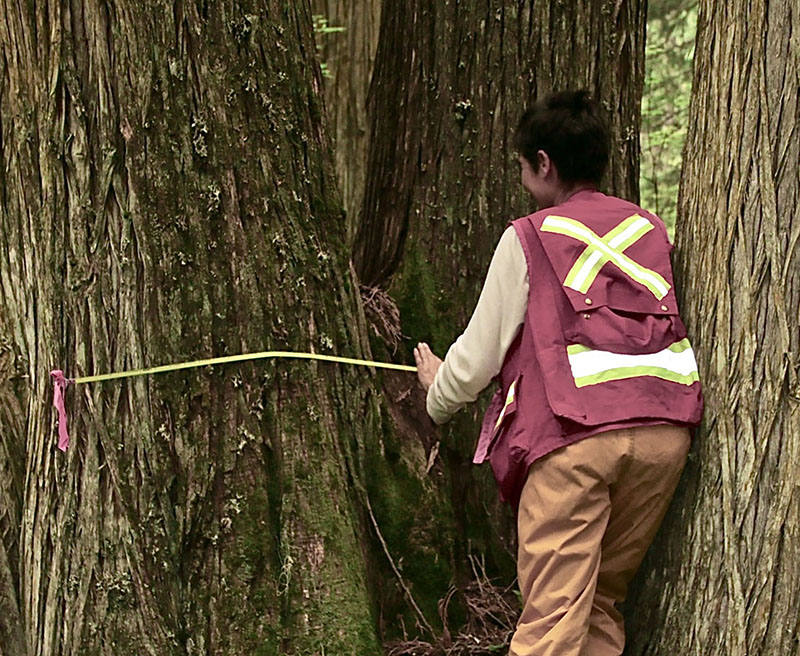The core problem is that data reported under the UNFCCC for net emissions and removals related to human activities are insufficient for the understanding of the carbon dynamics of ecosystems. Hence, nature-based solutions for mitigation activities do not reflect their full potential.
The inadequacies of current carbon accounting create perverse outcomes, which encourage forest degradation, including the:
- converting carbon-dense forests and peatlands into fast-growing plantations, which merely appear to sequester carbon;
- preventing re-growing forests from reaching maturity because of the false accounting preference for young,
fast-growing forests; - harvesting forests for wood products and bioenergy, which results in loss of carbon stocks where replacement of
these stocks will only occur decades into the future, thus creating a carbon debt; and - erroneously considering carbon stocks in reservoirs of different longevities and risk of loss as equal in value.
Accounting for carbon stocks in ecosystems as their long-term average at the landscape scale remains the key metric by which to assess the exchange between the biosphere and atmosphere. Monitoring variability in flows of emissions and removals over time is not adequate.
Climate change depends on the total stock of carbon dioxide in the atmosphere and the increase that has occurred due to transfers from the geocarbon and biocarbon reservoirs - not that which is only recorded in existing UNFCCC inventories.
An alternative approach
The System of Environmental Economic Accounting - Ecosystem Accounting (SEEA EA) framework presents a holistic and comprehensive approach to carbon accounting for stocks and flows. It can better enable the effectiveness of nature based solutions for climate change mitigation to be fully evaluated and then prioritised.
SEEA EA accounts for:
- all land and associated ecosystems that are spatially referenced;
- all stocks disaggregated into categories of carbon reservoirs, e.g. biocarbon, geocarbon;
- classification of the quality / condition of carbon reservoirs in terms of stability, longevity and resilience of their carbon stocks, e.g. primary forests, secondary or semi-naturalforests, plantations, gross flows reported, i.e. gains (additions) and losses (reductions) of carbon stocks;
- all carbon pools within ecosystems, e.g. above- and below-ground living and dead biomass and soil carbon pools,
• ecosystem carbon stocks assessed; - against a reference level that represents ecosystem integrity (i.e. their natural state);
- physical measures of carbon stocks and flows within ecosystem assets are linked to the economic system through land use and ownership, valuation of ecosystem services, and sectors that benefit.
Article authors
Heather Keith
Brendan Mackey
Virginia Young
Additional authors
Vardon, M., Obst, C., and Houghton, R.A.
Reference
Keith, H., Vardon, M., Obst, C., Young, V., Houghton, RA., and Mackey, B. (2021). Reforming Carbon Accounting to Support Nature-based Solutions, Griffith Climate Action Beacon Science Informing Policy Briefing Note 1/21, pp. 1-5. Brisbane, Australia: Griffith University. https://doi.org/10.25904/1912/4508




